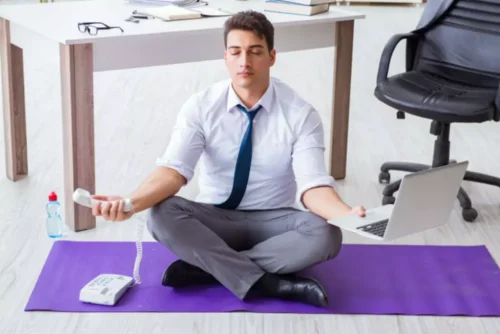Engaging Group Therapy Ideas for Addiction Recovery

Some individuals may not fully commit to recovery or struggle with mixed feelings about giving up substances. Skillful facilitators must create a nonjudgmental space where participants can openly express their doubts and concerns. Balancing empathy with gentle encouragement helps participants explore their ambivalence and find their intrinsic motivations for change. In addition to the substance abuse group activities mentioned above, it is important to incorporate evidence-based strategies for addressing specific substance abuse issues. Tailoring group therapy activities to the specific needs and challenges of the participants enhances their engagement and promotes a more effective recovery process.

Addiction Recovery Group Activities
Begin with icebreakers and gradually progress to more demanding activities. Discuss the participants’ feelings after each activity and gather feedback on how to enhance the experience. Possess strong facilitation skills, establish ground rules, and cultivate a supportive atmosphere. It is crucial to select activities that resonate with the group, nurturing a sense of support, growth, and shared experience, as these are fundamental elements of group therapy. You can enhance your skill in drug addiction customizing activities for different groups and settings with practice and feedback.
Breaking the Ice: Trust-Building Exercises That Melt Barriers
Writing a letter to one’s future self helps participants visualize their future in recovery, reinforcing their commitment to sobriety. ” or “What do you hope will be different a year from now (or five years from now)? ” This makes the activity less overwhelming and helps participants focus on positive growth.

Managing Financial Stress

By collecting data systematically and incorporating participant feedback, you can measure real impact and make targeted improvements. Qualitative and quantitative measures can group therapy activities substance abuse help measure outcomes and guide future planning and adjustments. Adapting activities to accommodate group members’ diverse abilities, backgrounds, and current needs is vital for effective group therapy. With practice, therapists can become adept at customizing activities to suit different groups, ultimately improving the group therapy experience for all participants. When organizing group therapy activities, it’s crucial to consider a range of topics and methods that meet the participants’ needs and aims. Choosing various activities that reflect the group’s dynamics and goals is crucial to keeping everyone engaged and motivated.

Humor can lift spirits and reduce stress, making it a valuable tool in recovery. This session encourages members to share funny stories, reminding them that joy and laughter are essential to life and can help lighten difficult moments. In this session, members learn to treat themselves with kindness, focusing on forgiving their mistakes and building self-acceptance to maintain a supportive, constructive mindset. Identifying and celebrating personal strengths can boost self-esteem and resilience. This activity helps members recognize qualities they may have overlooked and encourages them to draw on these strengths as they navigate their recovery journey. Spirituality can provide a sense of purpose and inner peace in recovery for those interested.
